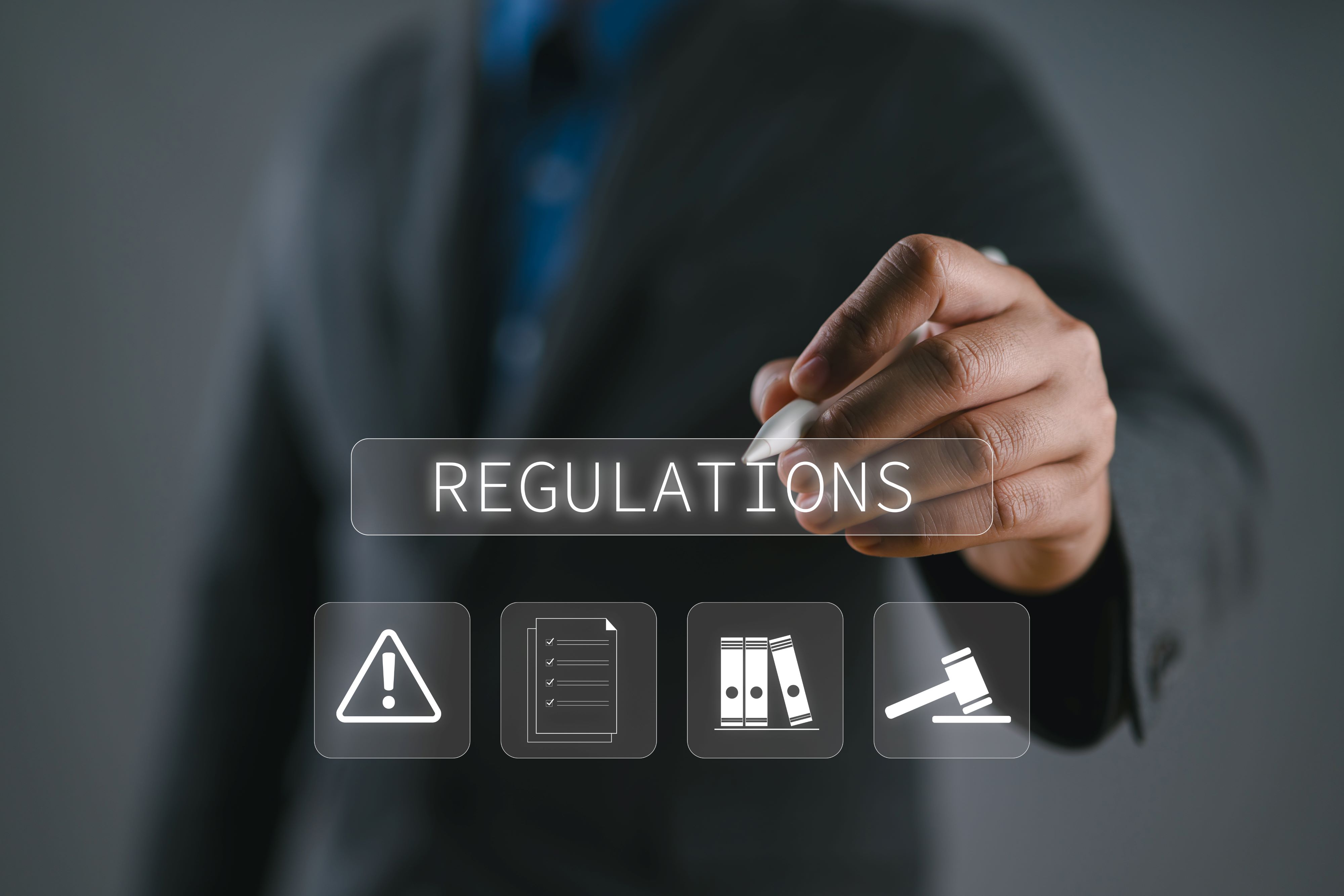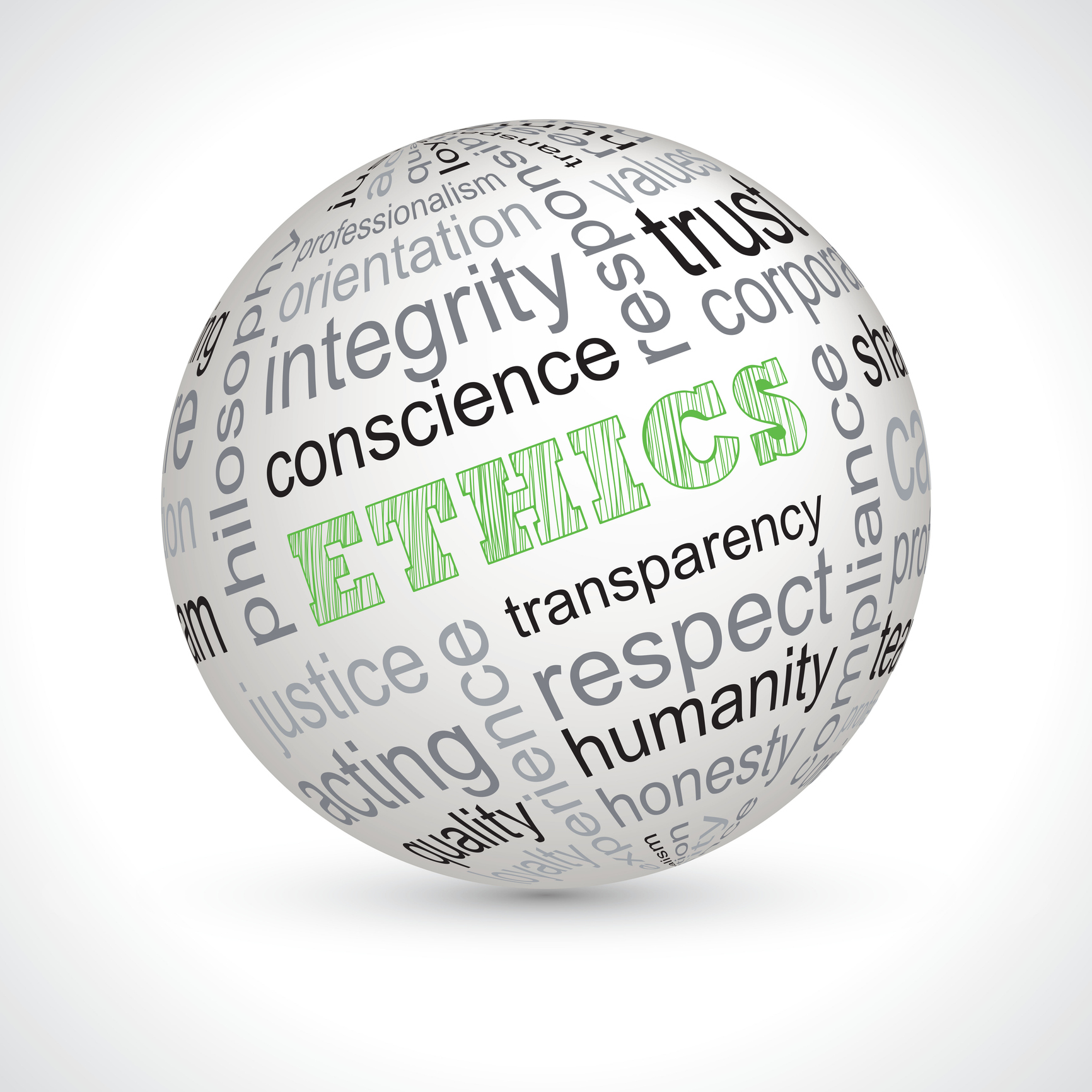May/June 2019
On Ethics
Emerging Technologies Create New Ethics Frontier
As companies boost their use of innovative technology and become more globalized, AEC firm leaders may want to implement new practices to reinforce ethical values. A Gallup publication on ethical workplaces outlines the following best practices that firms should apply to deal with ethical challenges.
Ethical standards need to be at the core of an organization’s purpose, brand, and culture. The notion that transgressions can be glossed over by a crisis communications agency in a bad publicity moment is outdated and dangerous. Only by aligning their purpose, brand, and culture around ethics can organizations ensure their actions and communications are consistent and reliable across all channels, geographies, and stakeholder groups.
In an era of data- and innovation-powered business growth, the idea that “everyone is in sales” should be complemented by the notion that “everyone is in ethics.” The biggest ethics and compliance risks are no longer coming from a small group of employees with access to cash or trade floor decisions. Today, the ethical track record of many organizations is in the hands of data scientists, engineers, and programmers, as well as all frontline employees who have access to customer data.
Many ethical decisions these employees face in their day-to-day jobs require more than simple adherence to a code of conduct. They need to be enabled and incentivized to apply their own moral compass at work, to guide the business through ethical gray areas by doing what they know is right for customers. Cultivating a “culture of ethics” is linked to workplace characteristics like employee empowerment, trusting relationships between employees and managers, and a non-hierarchical mindset.
The biggest ethical challenges are those that are emerging from new technological capabilities. Leaders must nurture the conditions for ethical decision-making throughout their organizations, so employees have a robust framework for navigating the challenges associated with innovation. Businesses that proactively place a premium on asking challenging questions and behaving ethically are most likely to prove themselves trustworthy amid coming technological revolutions, such as the one being driven by advances in artificial intelligence. They are the organizations that will not only survive constant change but will take competitive advantage of it.


 Volunteering at NSPE is a great opportunity to grow your professional network and connect with other leaders in the field.
Volunteering at NSPE is a great opportunity to grow your professional network and connect with other leaders in the field. The National Society of Professional Engineers (NSPE) encourages you to explore the resources to cast your vote on election day:
The National Society of Professional Engineers (NSPE) encourages you to explore the resources to cast your vote on election day:



